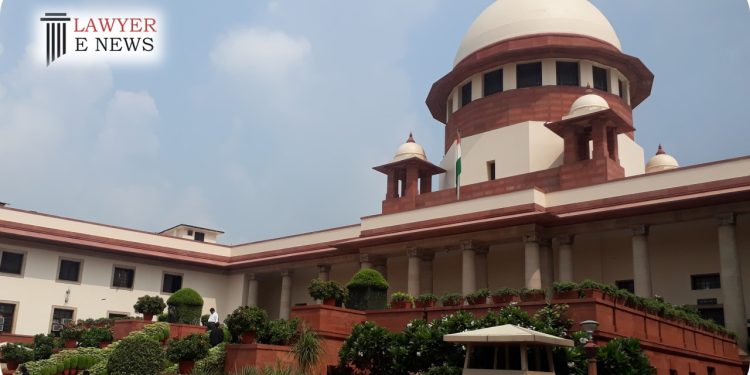Supreme Court Slams Enforcement Directorate’s Lack of Transparency in Recent Judgment

In a recent judgment, the Supreme Court has strongly criticized the Enforcement Directorate (ED) for its lack of transparency in its actions. One of the key issues addressed in the judgment was the failure of the ED to inform the arrested individuals about the second Enforcement Case Information Report (ECIR) before their arrests. The Supreme Court found this lack of transparency to be problematic and observed, “The way in which the ED recorded the second ECIR immediately after the appellants secured anticipatory bail in relation to the first ECIR… manifests complete and utter lack of bonafides.”
The Supreme Court’s judgment sheds light on the expectations placed on premier investigating agencies like the ED. It emphasized that these agencies are expected to operate with transparency, fairness, and the highest degree of probity. The ED, which is vested with far-reaching powers under the stringent Prevention of Money-Laundering Act, 2002, is expected to act without vindictiveness and maintain the highest standards of fairness.
The case in question involved allegations of abuse of power and vindictive conduct by the ED. The appellants asserted that their arrests were a wanton abuse of power, and the Supreme Court took these allegations seriously. It cited legal precedents, stating that “bad faith which invalidates the exercise of power” includes actions that go beyond the sanctioned purposes of power and are influenced by extraneous considerations.
Moreover, the Supreme Court emphasized that the power to arrest is not mandatory in every case and should only be used when essential for custodial investigation, preventing further offenses, or avoiding tampering with evidence or witnesses. It pointed out that the ED failed to exercise its powers according to these parameters.
The Supreme Court’s ruling has broader implications for the conduct of premier investigating agencies in India. It underscores the importance of adhering to the principles of transparency and fairness, especially when dealing with serious economic offenses like money laundering.
This judgment has brought to the forefront the need for premier investigating agencies to uphold transparency and fairness in their actions. It has set a precedent for the expected standards of conduct for such agencies, with the Supreme Court taking a strong stance against actions that lack bonafides and transparency.
Date of Decision: 3 October 2023
Pankaj Bansal vs Union of India & Ors.






